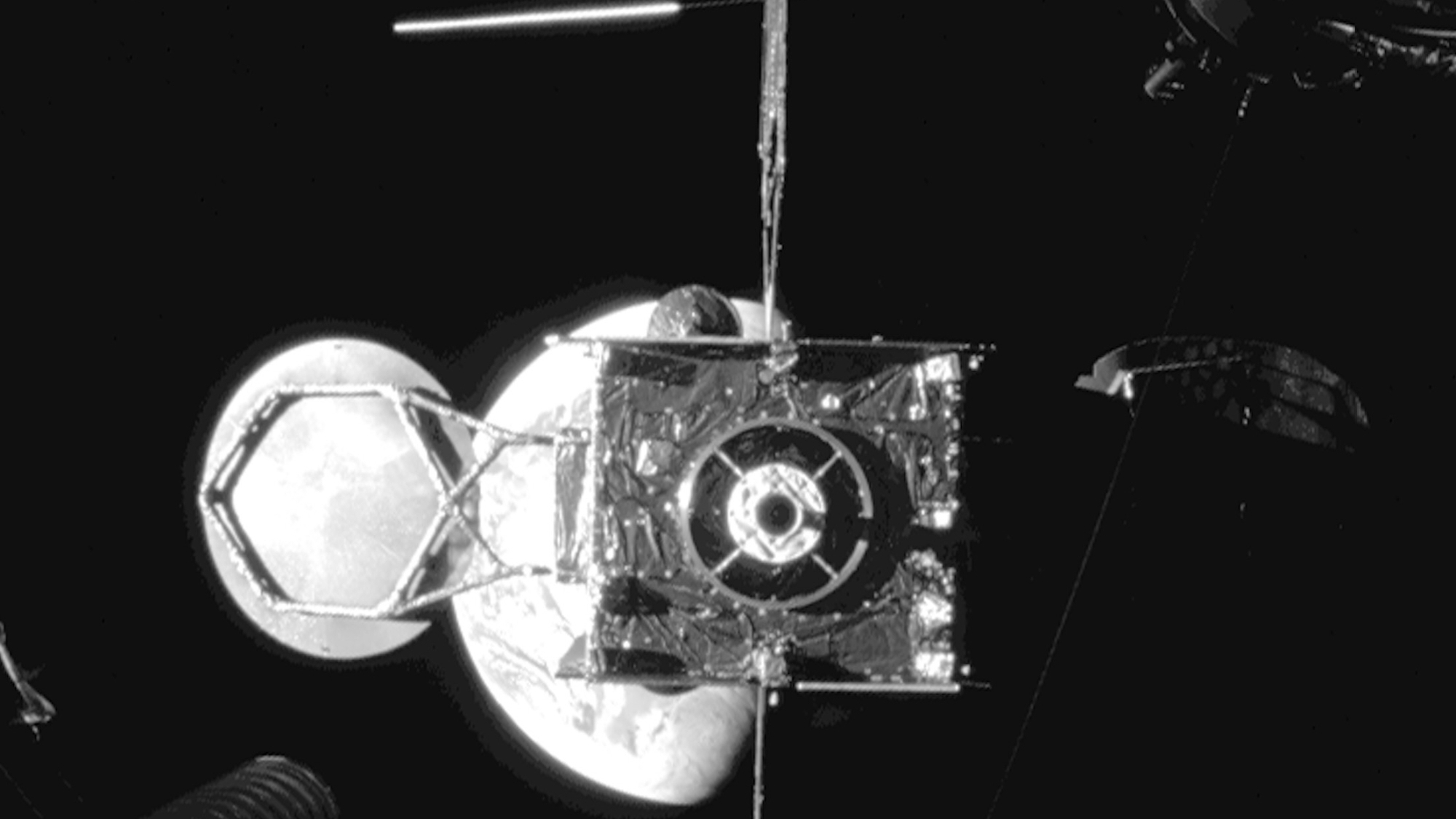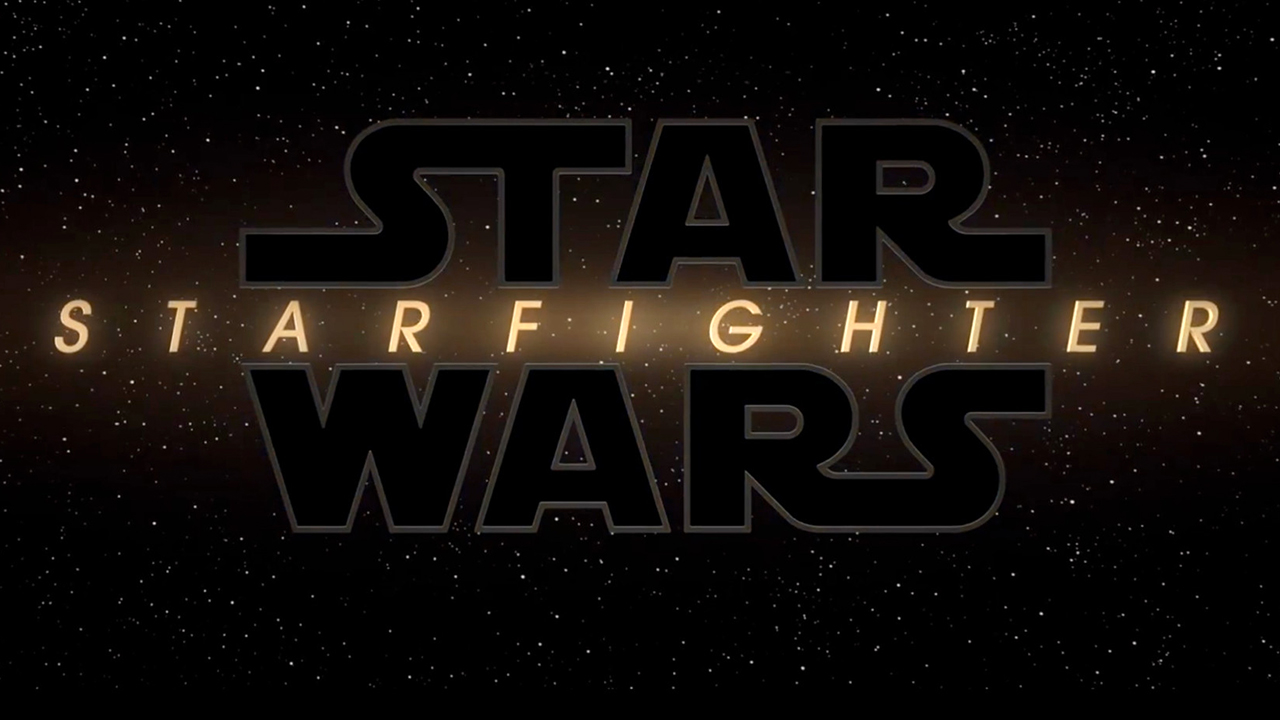'Arrival' and the Raw Power of Smart Sci-Fi

The opening scenes of the new sci-fi film "Arrival" cover familiar territory, as we see enormous spacecraft hovering over cities on our troubled planet Earth.
But soon the film reveals that it's not going to be like other alien movies. The spaceships have no weapons. Our hero is a linguist. Cerebral narrative puzzles take shape. A procession of subtle and intriguing ideas ultimately blossom into a story of profound insight and hope.
"Arrival" is the best sci-fi movie of the year because it does what science fiction does best: It encourages thoughtful conjecture and lateral thinking. It asks us to project our hopes and anxieties out to some notional event horizon, then see what develops. In the choppy wake of this terrible and divisive election season, it's the one movie you should take the time to see, and process and talk about afterward.
Warning: There are some moderate spoilers ahead, but nothing much past what you can see in the trailers, and I'll stay far away from the film's central mystery.
Amy Adams plays Dr. Louise Banks, a linguist recruited by the U.S. government to communicate with the aliens. Twelve spaceships — ovoids that suggest seed pods, significantly — have descended over countries around the world. The aliens show no signs of aggression, but the world's nation-states respond with varying defensive postures, scrambling jets and aiming weapons at the ships.
Banks is partnered with mathematician Ian Donnelly (Jeremy Renner), who hopes that the language of numbers will help in establishing contact with the aliens. Each day, the ships' portals open briefly and Earth sends its various delegations aboard. Inside the ship, director Denis Villeneuve creates a minimalist marvel of art design, an extradimensional space with sideways gravity. It feels like a prehistoric cave, those sacred spaces where our species first experimented with language and art.
We see the aliens, eventually, but they're cleverly obscured and the visuals underline a storytelling strategy used throughout the film. "Arrival" isn't really interested in the aliens; it's interested in our reaction to the aliens. How will we reach out to this new entity, this ultimate Other? What will we choose to communicate, and how?
Get the Space.com Newsletter
Breaking space news, the latest updates on rocket launches, skywatching events and more!
In the end, "Arrival" is all about communication. "The language we speak determines how we think," Louise says, referencing a fierce debate in the field of linguistics. Without spoiling too much, the aliens present us with a new kind of language, a new way to communicate. It's a language that imparts meaning directly, does not represent sound or speech, and is not bound by time.
RELATED: Sending Messages to Aliens: Could It Kill Us?
It's so nice to be treated as an adult by a science fiction movie. This is a film that asks us to think, and presents delicious mysteries concerning ideograms, palindromes, game theory and the significance of the number 0.083.
It's said that providence moves in mysterious ways, as does Hollywood, and the timing of "Arrival" is auspicious. The film addresses that nagging suspicion, perhaps you're familiar with it, that the promise of the Digital Age is fading fast. Our precious devices and networks aren't bringing us closer together. They're driving us apart. We sit in public spaces, staring into the tiny screens in our palms. We gather in online cliques and echo chambers with those who share our history and opinions.
Despite our space-age communication technology, we're not talking to each other — not really. We're projecting digital versions of ourselves. We aren't connecting in the important ways. We're fractured and divided, as evidenced by the world's escalating conflicts and even our own domestic elections and referendums.
Thoughtful science fiction like "Arrival" can help us approach this existential dilemma from a sideways vector. As a genre, as a mode, sci-fi provides us with the opportunity to think laterally about ideas and issues. Movies are one of the ways we process change, as a culture, on some unknowable level of collective consciousness that transcends rationality and intent. When a movie like "Arrival" comes along, we should pay attention. We're telling ourselves something.
Originally published on Seeker.
Join our Space Forums to keep talking space on the latest missions, night sky and more! And if you have a news tip, correction or comment, let us know at: community@space.com.
Based in Chapel Hill, North Carolina, Glenn McDonald is a freelance arts and science writer, editor, and game designer. With a Bachelor of Arts degree in English with minors in film, theater and religious studies from Michigan State University, his many interests include science, technology, arts, culture, movies, and television. You can find his writing in publications such as National Geographic all the way to Goodreads.









